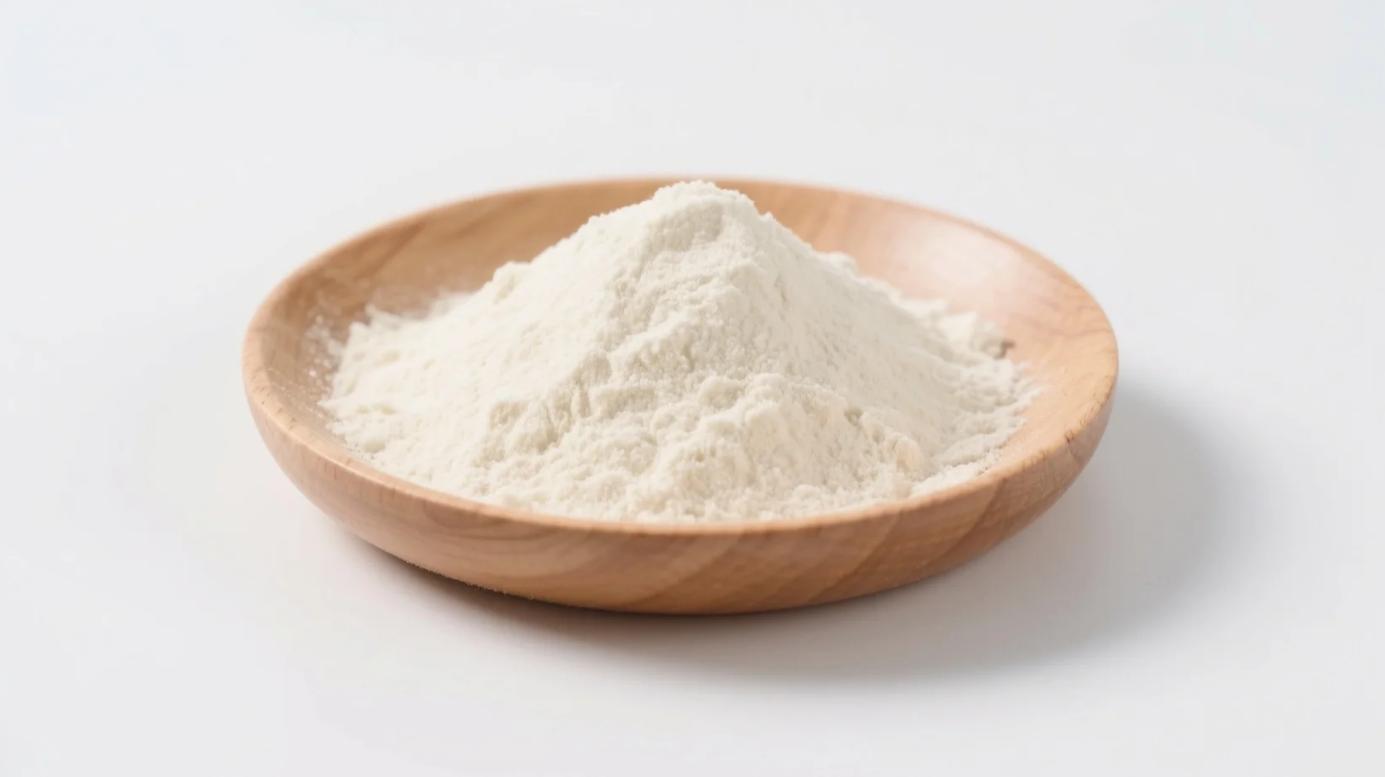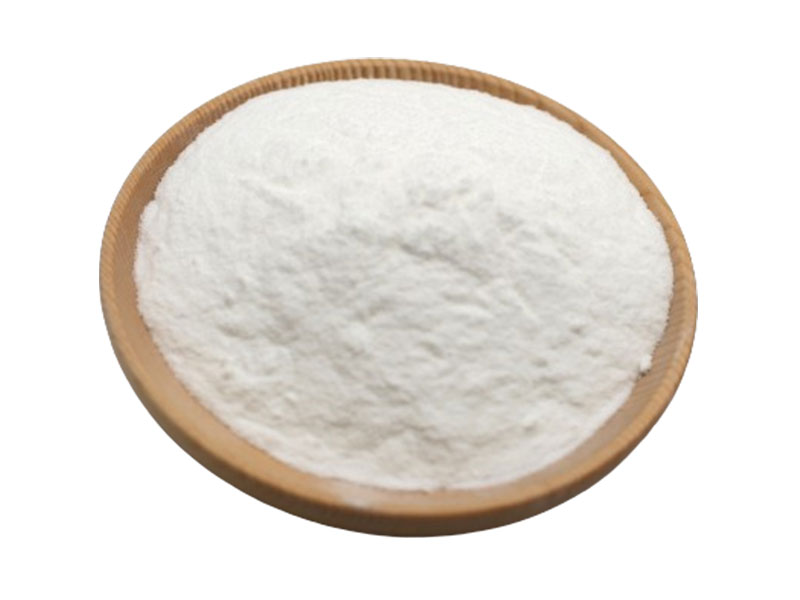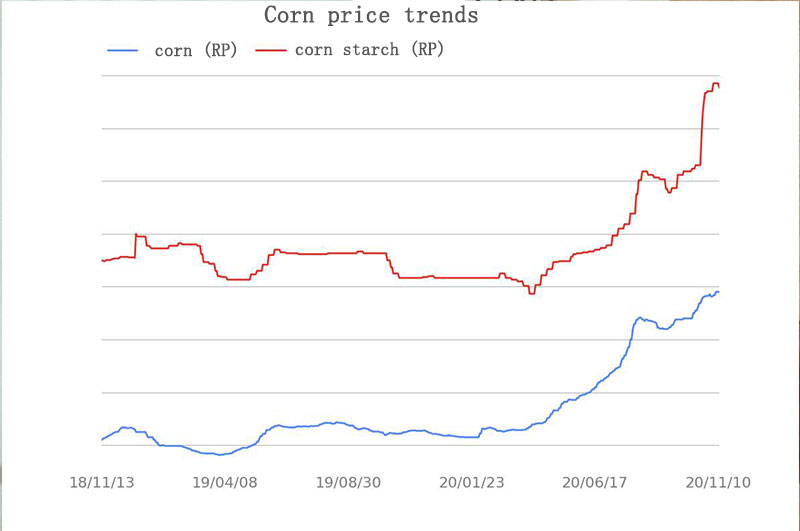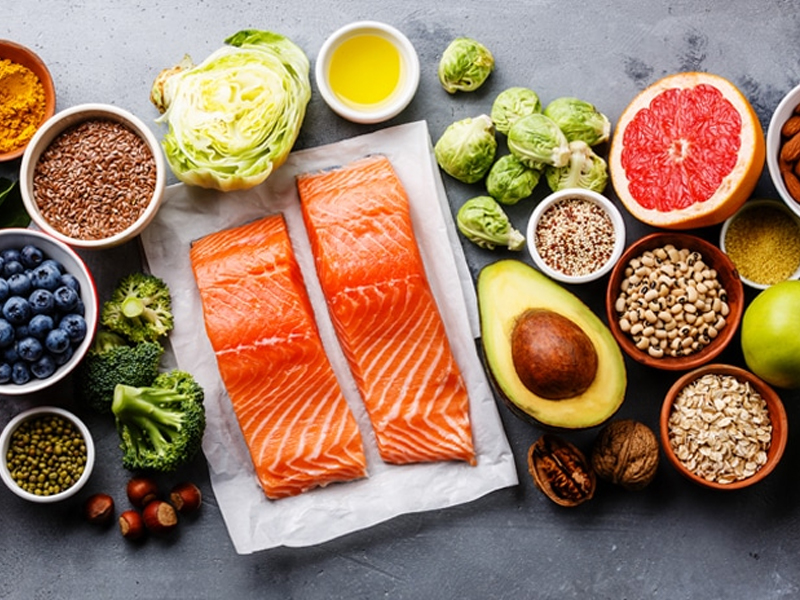In today’s competitive food and beverage market, consumers are demanding clean-label, functional, and natural ingredients. For manufacturers, this creates a challenge: how to enrich products with dietary fiber while maintaining taste, texture, and label transparency. One ingredient is rising to the top — organic resistant dextrin.
What is Organic Resistant Dextrin?
Organic resistant dextrin, sometimes referred to as organic resistant maltodextrin, is a soluble dietary fiber derived from natural starch sources. Unlike traditional carbohydrates, resistant dextrin is not digested in the small intestine, but instead functions as a prebiotic fiber that supports gut health.
Why Manufacturers Prefer It
- Clean-Label Friendly
Organic resistant dextrin aligns with the clean-label trend. Being organic-certified, it reassures consumers of its natural origin and traceable supply chain. - Neutral Taste & High Stability
Unlike some fiber additives that alter taste or texture, resistant dextrin is almost taste-free and highly stable, making it easy to incorporate into a wide variety of food and beverage applications. - Supports Functional Claims
Food and supplement brands can market products enriched with resistant dextrin as fiber-rich, digestive health-supporting, and prebiotic-enhancing, which resonates strongly with health-conscious buyers. - Low Glycemic Index
Resistant dextrin does not cause significant blood sugar spikes, making it suitable for diabetic-friendly and low-GI formulations.
Applications Across Industries
Organic resistant dextrin is versatile and can be used in multiple categories:
- Beverages & Juices – Improves mouthfeel and fiber content without affecting flavor.
- Bakery & Snacks – Boosts fiber while preserving softness and crunch.
- Nutritional Supplements – A stable ingredient for powders, capsules, and bars.
- Dairy Alternatives – Enhances fiber levels in plant-based milks and yogurts.
Meeting Market Demands with Organic Certification
Today’s consumers are not only looking for health benefits but also demand organic certification as proof of clean sourcing and eco-friendly production. By choosing organic resistant dextrin, manufacturers can satisfy these requirements while differentiating their products in a crowded marketplace.
Food manufacturers seeking a clean-label fiber solution are increasingly turning to organic resistant dextrin. With its neutral taste, stability, and functional health benefits, it offers a powerful way to create innovative, consumer-friendly products.
Related Products
Organic Resistant Dextrin
Low-Calorie Prebiotic Fiber for Digestive Health & Clean-Label Formulations
Organic Maltodextrin Powder
Versatile Clean-Label Carbohydrate for Food, Beverage & Nutraceutical Applications



